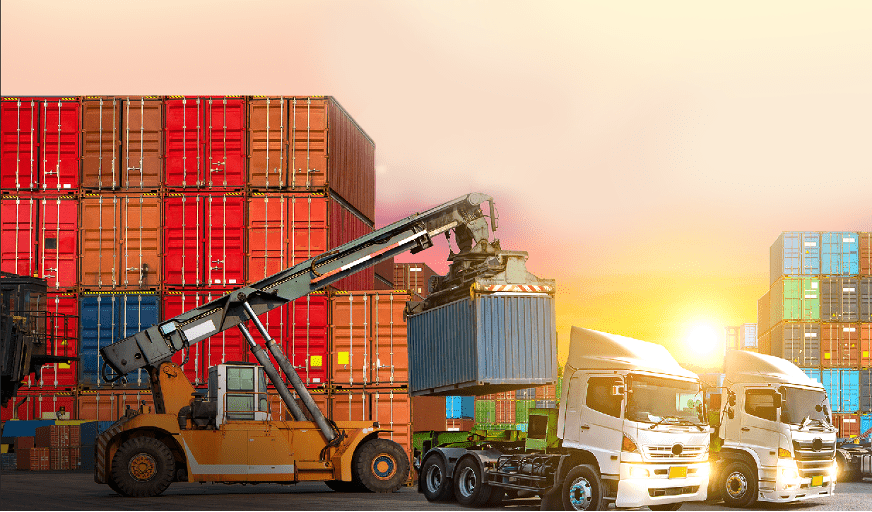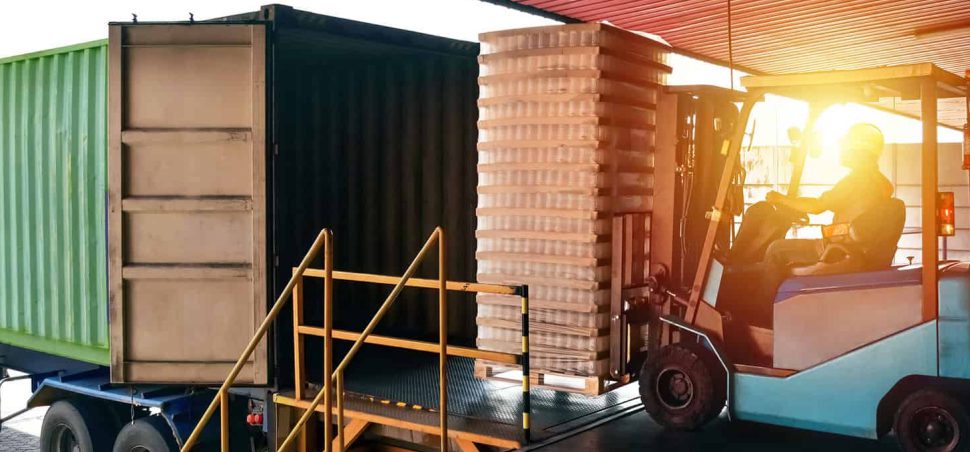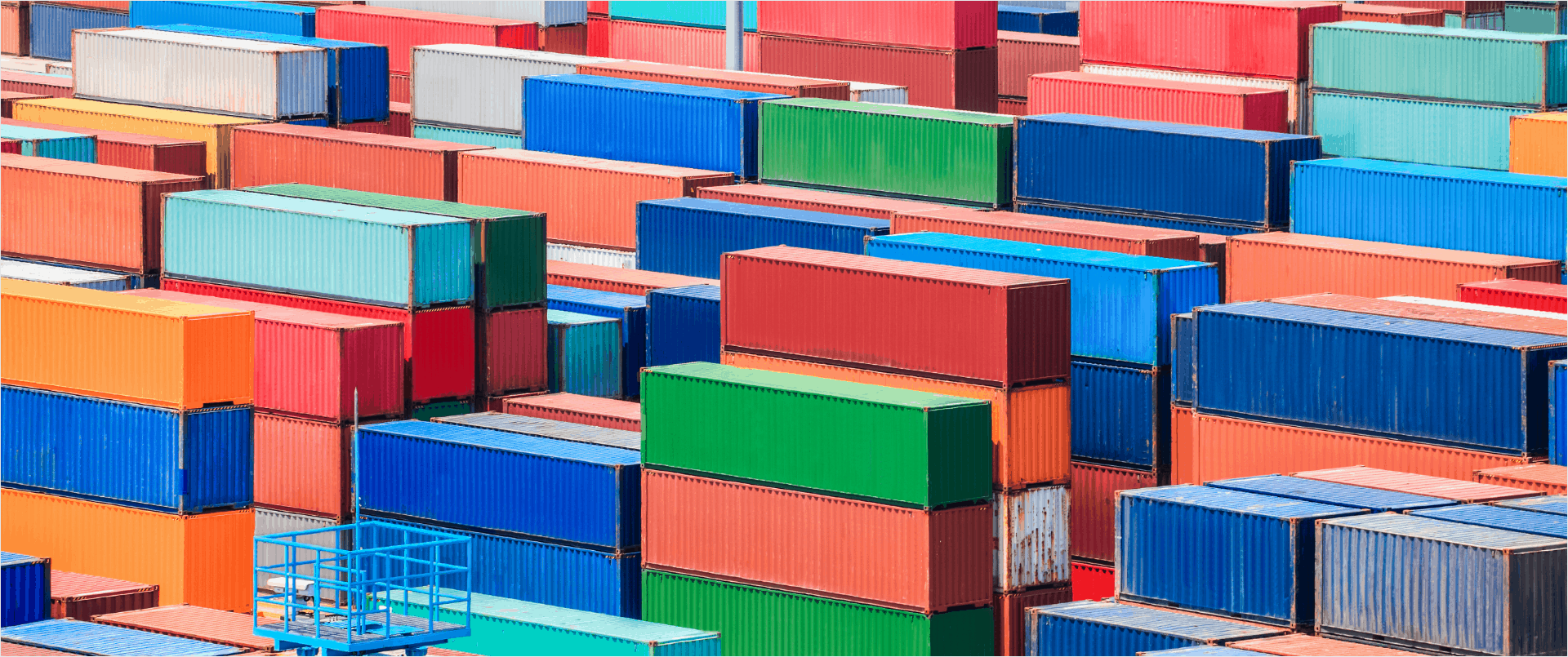Here we are at the start of a new year and it’s always a good time for reflection and to set new goals. There is no doubt the last two years have arguably been the most challenging years we’ve ever seen and although we still have some challenges ahead of us, I’m optimistic that 2022 will be a better year for our industry and our customers. Here at MatchBox Exchange (MB), we believe the role we play within our industry is not only to provide innovative digital solutions for the container logistics industry, but to also help the industry adopt new thinking and new operating models that will deliver a better, faster, and smarter transport network. Offering smart digital products and services is one part of the solution but without adopting the right mindset it’s very likely you will not fully exploit the benefits these tools can offer your business. We call this mindset “THE MATCHBOX EXCHANGE MINDSET.” So, what is it exactly? Well before I get into explaining what it is, let me paint a picture of the current challenges faced by our industry and how adopting the MatchBox Exchange mindset can help. Today the container logistics industry is facing major challenges…
Many ports and trucking companies operate 24 hours a day, should importers and exporters do the same?
Ports and many transport companies have invested in 24-hour operations to meet the demands of customers, exploit broader access to terminals, and increase the utilization of their assets. Despite the increasing shift to 24-hour operations, the majority of deliveries of containers still occur during daytime hours. I’m sure many of these companies would like to see more importers and exporters open their doors after hours so they can increase their fleet utilization and service more customers with the trucking assets they have. This is much better than having to buy more trucks or engage subcontractors to meet customer deliveries all squeezed into daytime operating hours. Utilization of port terminals and trucking remains low during nights and it’s a combination of lack of drivers and lack of customers willing to open their doors after hours that are some of the main reasons for this. Recently in the USA, the Port of Los Angeles extended its receival and dispatch operations at night in an effort to clear the large backlog, however this was not well supported by transport operators who struggled to find drivers and customers who were willing and able to receive or pack containers at night from their factories or…
Our top priority is to provide customers with immediate assistance
It takes more than a great idea and some capital to get a business off the ground. Excellent customer service needs to be part of a company’s DNA from day one. At MatchBox Exchange, meeting customers’ satisfaction is paramount and, that’s why top-notch customer support has been an integral part of our success from the very beginning. On the ball and ready to help, our team provides coverage across time zones and assists each customer with a smile. Here’s an insightful interview with our Head of Operations, Yogi Sharma and Operations and Customer Support in charge, Srishti Kalyankar. Why is good customer support important for any company? In a company, the customer support team bridges the gap between the product and the customer. All of us have experienced bad customer service at one point or another. Good customer support is accessible and reliable. The customer must feel confident enough to ask questions and trust the team to provide satisfactory answers. A hands-on customer support team is necessary to build a loyal customer base and maintain the company’s reputation. How does the MatchBox Exchange customer support work? What makes it different from any other customer support team? Anytime we receive customer queries, we follow simple steps to…
Embrace Digital Transformation and be Open to New Ideas
How many of you have heard the phrase …“Embrace digital transformation or die”? What does this mean? Well, I do know that in today’s world those that are agile, open to change and willing to challenge the status quo are most likely to succeed. At MatchBox Exchange, we believe digital transformation has a number of dimensions. People often think that simply digitising an existing manual process is ‘transformation’. Although we agree there is a lot of value in automating current manual processes, we feel true transformation comes from improving the underlying process by rethinking the operating model altogether. Let me give you an example. In our industry, we see companies investing in ways to make existing assets (trucks/depots/terminals) as efficient as they can be. Trucking companies invest in high productivity vehicles so they can move more containers in the same trip, depots invest in scheduling and appointment systems in an attempt to improve the flow of trucks through their facilities. Don’t get me wrong, these are important initiatives that help contribute to an improved transport network but… Our view is that rather than focus so much energy on maximising the efficiency of the current process why not consider a new…
A Strategic Review of Empty Container Management at Melbourne’s Port with our Founder as Guest Panellist
Managing empties has become a complicated and increasingly expensive business in Australia. Like most tasks in the supply chain cycle, it involves physical movement, commercial agreements and a series of transactions between different players, including shipping lines, freight forwarders, cargo owners, transport operators, and storage facilities. With this in mind, CTAA, in collaboration with the Victorian Government, hosted a webinar earlier this week where leading industry experts expressed their opinion and suggested new approaches for lasting solutions. As Australian ports handle over 8 million containers every year and support trade worth millions of dollars, empty container management is a vital function of an efficient and effective port. Issues with empty containers have broader supply chain impacts. Vulnerabilities including a mismatch in operating hours across the empty container supply chain mean squeezing larger numbers of container movement in shorter windows of time, inhibiting the existing storage capacity. Insufficient and inconsistent provisions of electronic data in the Empty Container Parks’ booking system and last-minute redirections also create additional administrative and operational costs to transport operators. But, behavioural practices on their part such as, arriving or scheduling appointments immediately before use, exhaust the ECPs causing delays and congestion. The Strategic Review Report launched…





